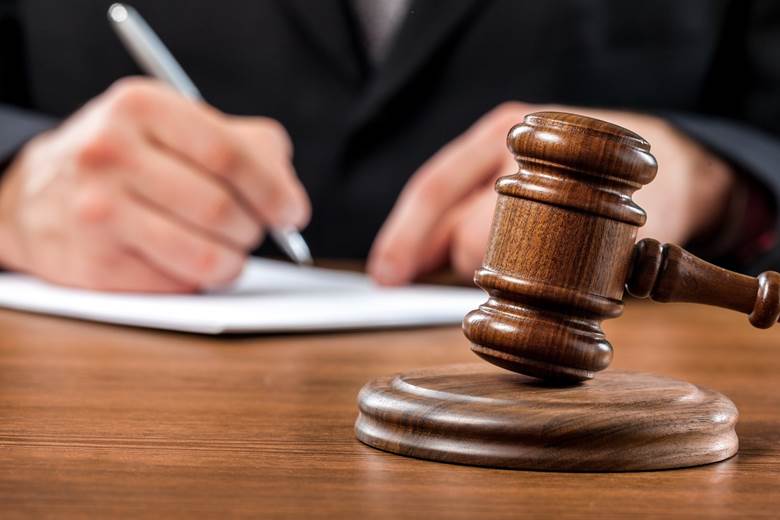
Are you facing criminal charges? Facing courts isn’t easy, but you aren’t alone in this ordeal.
Going to pre-trial means you have a charge against you, but you have yet to be formally judged.
Many defendants worry about their pre-trial hearing because it can define the rest of the trial process. Criminal law reform, however, has made the pre-trial process simpler than ever.
Are you facing pre-trial charges? What is a pretrial hearing? Here is a guide to what you need to know about your pre-trial hearing.
Scheduling and Administrative Matters
Usually, the court starts the pre-trial hearing by discussing scheduling and other administrative issues. In this step, a date for the hearing is set that works for both the prosecution and the defense.
The judge may also discuss how long people must file motions, pre-trial briefs, and proof. This first step is crucial for a well-organized and efficient practice process.
Motions
The prosecution and the defense can make different motions during the preliminary hearing. These moves can have a big effect on how the trial goes. For example, a lawyer for the defense could make a motion to get rid of illegally obtained evidence, while the prosecution could try to bring in certain evidence.
Discovery
The pre-trial hearing is a key time to talk about things connected to discovery. The lawyers for both sides can talk about things like the exchange of evidence, witness lists, and any discovery disagreements that haven’t been settled yet. For a fair and open hearing, it’s important to share all relevant information with both sides.
Plea Negotiations
In some situations, the pre-trial meeting is used as a place to talk about a plea deal. Both the government and the defense may talk about possible plea deals.
These talks aim to find a way to solve the case without going to court. They can lead to fewer charges or a deal on the sentence. If a plea deal is reached, the defendant can avoid a trial, which could be long and unclear.
Witness Lists
During the pre-trial hearing, both sides may present their lists of witnesses they intend to call during the trial. This helps the judge and opposing counsel understand the scope of the case and prepare accordingly. Discussions about witness availability, subpoenas, and logistics may also occur during this phase.
If you’re facing a pre-trial hearing, it’s advisable to hire this Trial Lawyer who can skillfully navigate these proceedings and ensure your rights are protected.
Trial Preparation
The pre-trial hearing provides a platform for the prosecution and defense to discuss trial logistics. This can involve determining the order of witnesses, estimating the trial’s duration, and addressing any logistical concerns, such as the availability of courtrooms, interpreters, or special accommodations for witnesses or jurors.
Know What Is a Pretrial Hearing and Secure Your Future
What is a pretrial hearing? Overall, a pre-trial hearing can feel nerve-wracking, but having a clear understanding of the process and what to expect can help ease some of that anxiety.
Don’t hesitate to take all the necessary steps to make sure you are properly represented and prepared. Reach out to an experienced defense attorney who can help you navigate this critical hearing.
Was this article useful to you? If so, be sure to check out our blog for more helpful content and resources.







